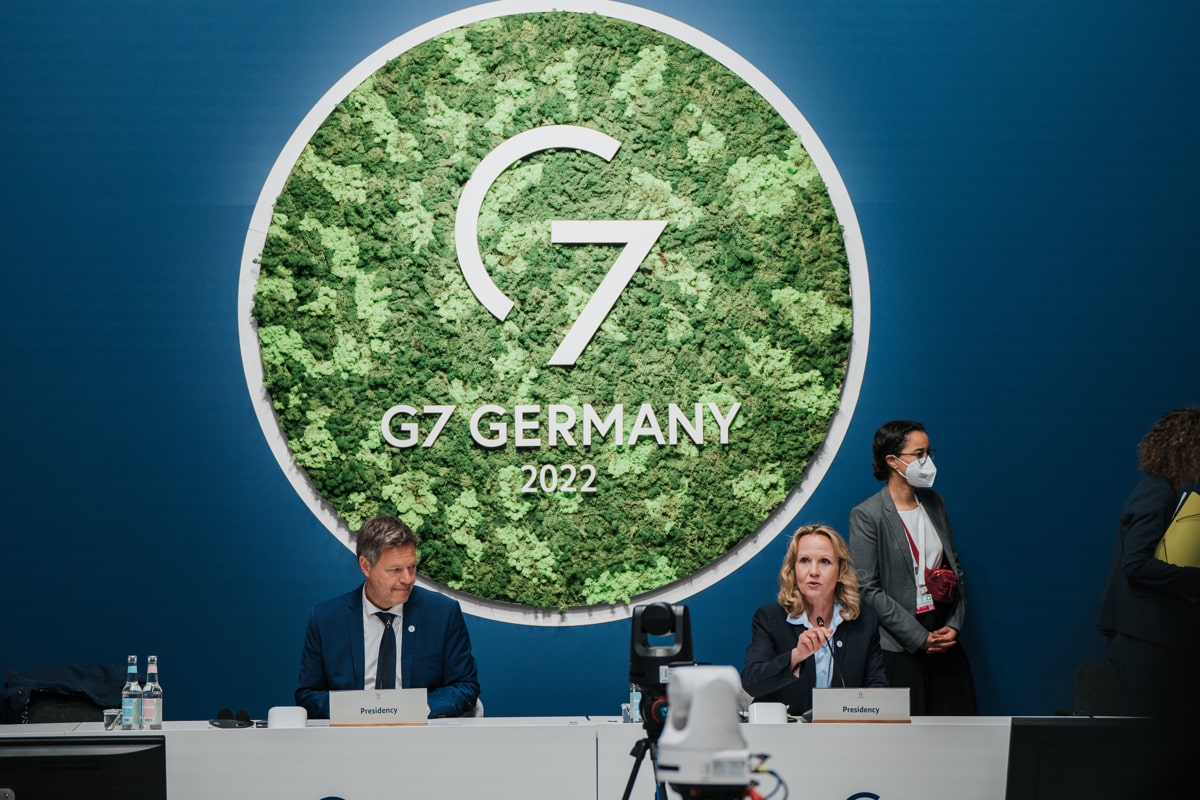The G7 nations’ plan of persuading India to start negotiations on a Just Energy Transition Partnership (JETP), an initiative of the rich nations to accelerate phasing out of coal and reducing emissions has hit a road-block. JETP makes various funding options available for this purpose in identified developing countries. The Power Ministry has refused to give its consent to the negotiations so far, as it argues that coal cannot be singled out as a polluting fuel, and energy transition talks need to take place on equal terms.
Bank Maha Pack includes Live Batches, Test Series, Video Lectures & eBooks
What Is Just Energy Transition Partnership (JETP):
- Upon taking over the G-7 presidency for 2022, host Germany had promised to build on Glasgow’s momentum.
- JETP makes various funding options available to accelerate the phasing out of coal and reduce emissions in identified developing countries.
What Is The Climate Deal Offered To India:
- The US and Germany have proposed a G-7 partnership with India to support and fund the makeover of its energy mix from fossil fuels to carbon-neutral sources.
- India is a special invitee to this year’s summit, along with Indonesia, South Africa, Senegal and Argentina.
- Constituents of the deal: If reports of the offer are true, a critical portion of the pact will ask for:-
- reducing the number of coal-burning power plants under development,
- the gradual closure of our coal mines.
Strong Opposition From India:
- If the Power Ministry continues to resist, India could still get into the negotiations if the PMO decides to intervene.
- According to India’s updated NDC, it stands committed to reduce the emission intensity of its GDP by 45 per cent by 2030, from 2005 level and achieve about 50 per cent cumulative electric power installed capacity from non-fossil fuel-based energy resources by 2030.
Significance Highlighted By The G7:
- This is significant because this approach takes into account the societal and economic development of each partner and will not try to force-feed partners a standard solution.
- That partnership—with special emphasis on the words “just” and “transition”—is about helping fund South Africa’s decarbonization by replacing coal usage with clean energy.
- At its core, the idea is to assist green transitions by making finance available from developed countries, multilateral institutions and groups of green investors.
An Already Tested Model:
- The JETP model is expected to be on the lines of the JETP programme already launched with South Africa at the UN Climate Change Conference in Glasgow (COP26) last year.
- The countries announced a shared long-term ambition to support South Africa’s decarbonisation efforts to help meet its emission reduction targets set out in its latest Nationally Determined Contributions (NDC).
- The G7 which includes France, Germany, the UK, the US and the EU, proposed financing of $8.5 billion for South Africa through various instruments such as grants, concessional loans and investments, and risk-sharing instruments, including involving the private sector.
A Recent G7 Approach Which Also Affect India’s Interest, Please Read This Article As Well:




 Which District is known as the Medical C...
Which District is known as the Medical C...
 Which was the First Women's University i...
Which was the First Women's University i...
 L&T Vyoma to Study 250 MW Green AI D...
L&T Vyoma to Study 250 MW Green AI D...








